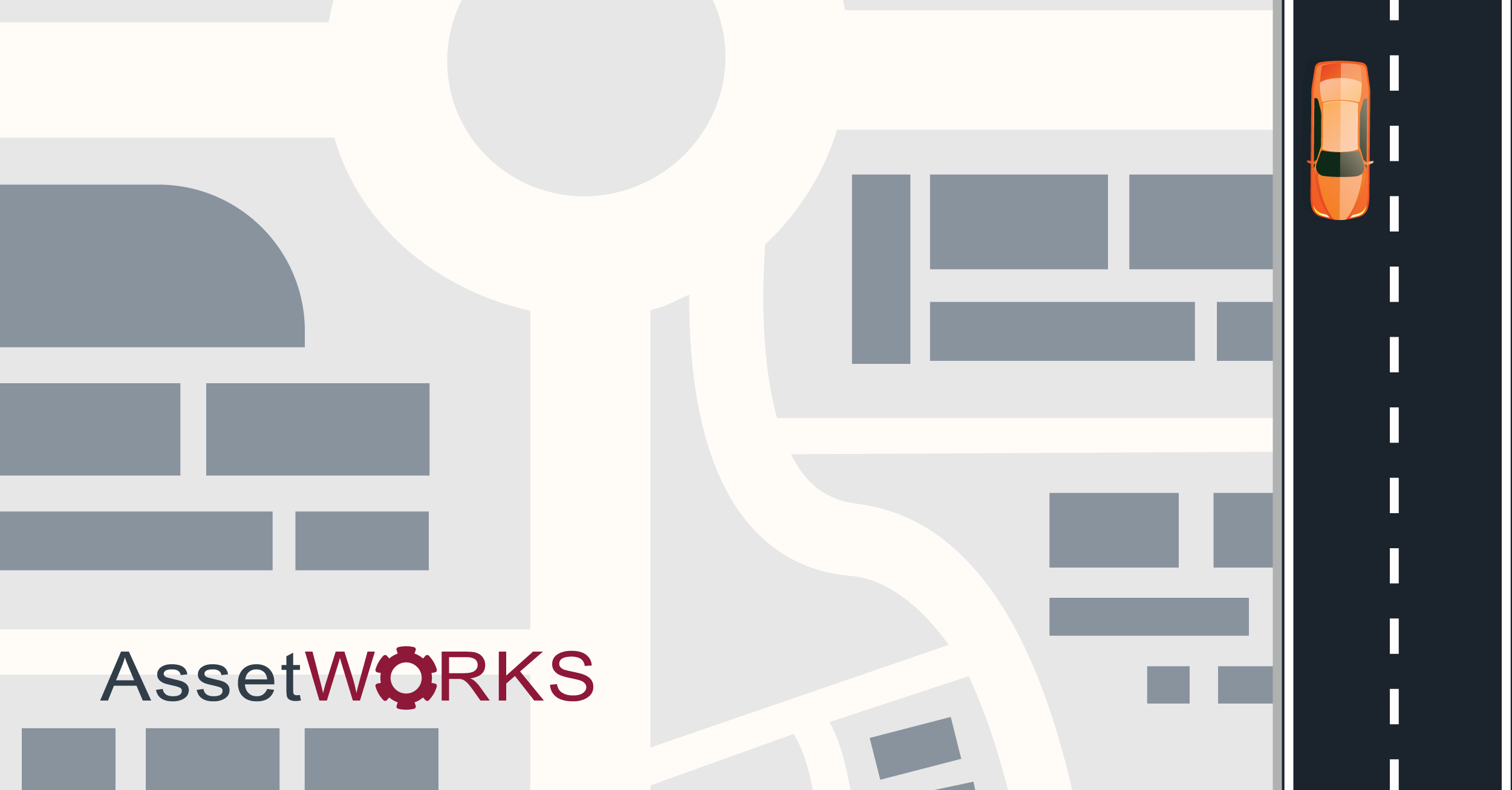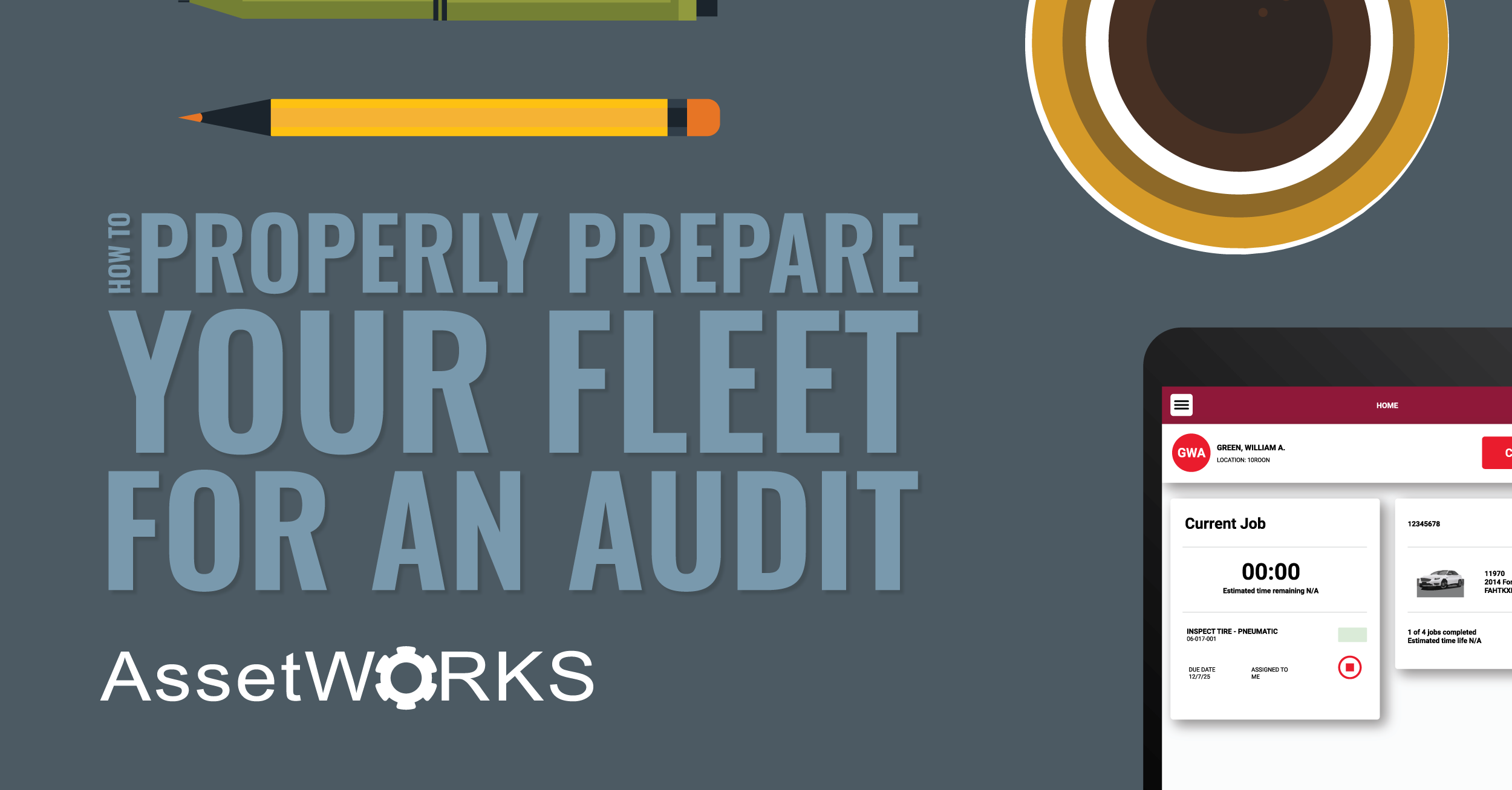How Pennsylvania Saved Over $55 Million Systematically
An empty car lot signifies a booming business. At least that was the conventional wisdom for Fleet Manager Steve Weidner during his nearly twenty year career in the rental car business before joining the Department of General Services (DGS) at the Commonwealth of Pennsylvania. But how did that thinking translate to the Commonwealth’s 9,886 vehicle fleet? As it turns out, pretty differently. Many agencies preferred to look out their window and see a parking lot full of Commonwealth cars waiting to be used. However, this policy wasn’t good business for the taxpayers of Pennsylvania.
A mandate was given to cut the commonwealth’s fleet by 20% by then newly-elected Governor Tom Corbett who initiated an overall mission to make government work smarter and more efficiently while spending less money. Led by Weidner, who joined DGS as Fleet Manager in 2011, the
Commonwealth has realized savings of nearly $60 million dollars through revising fleet policies alone. DGS also exceeded the Governor’s goal of a 20% fleet reduction and has been able to cut the fleet by 24%.
So how did they do it?
Weidner and his team used a systematic and transparent approach to effectively downsize the fleet while striving to maintain current transportation services to the Commonwealth employees.
Audited the fleet to determine its true size and published the number publicly
With such a public-facing goal to reduce the fleet size by 20%, it was imperative that DGS be completely transparent about the existing fleet size (which was only estimated at the time) and the processes it would use to reduce the fleet. Over four months, DGS completed several comprehensive audits of the number, location and status of all fleet vehicles. Then they took that number to press.
Rolled out existing technology, including FleetFocus, throughout the full enterprise
Although DGS has been an AssetWorks FleetFocus customer since 2007, the software was not necessarily used optimally. Part of DGS’ initiatives expanded the use of the fleet management software throughout the whole enterprise, which allowed DGS to extract the data they needed to understand which vehicles should be eliminated, replaced or reassigned.
By accessing historical reports on usage, DGS was able to analyze how much each vehicle had been used over the last several years. After a thorough review, DGS created the following threshold for an agency to keep a passenger vehicle.*
A vehicle must be used 80% of business days or 1,000 miles per month
(per average of the previous 6 months)
Additionally, DGS was able to analyze historical maintenance costs which showed that many older vehicles cost more to maintain than they were worth.
This data was able to illustrate which vehicles were either underutilized or too expensive to maintain. From there, DGS used the information to make strategic decisions with the goal of saving money and maintaining the current level of service.
Instituted one comprehensive fleet policy
Data told the story, but it didn’t make the decision. That came down to the management team combining common sense with business objectives. Weidner consolidated several disparate fleet policies into a single policy that could be more easily understood and implemented by the various Commonwealth agencies. The refreshed fleet policy assigned vehicles based on documented business need, rather than politics or preference. Specific changes included:
- Commonwealth-owned vehicles could no longer be employed for personal use
- Departments with underutilized vehicles had to turn them in or document their specific use case
- Whereas the former policy stated that employees should chose the most cost effective form of travel, the new policy stated employees must chose the most effective form of travel.
Implementing the last point, however, required another step.
Contracted with a third-party for management of temporary transportation services
Agencies and employees still needed quick access to vehicles, even if they couldn’t support the use case for keeping a vehicle full time. Weidner worked to find a solution to this challenge just as he had with all the challenges DGS face along the way – systematically, strategically and transparently. Previously, employees had full access to commonwealth-owned vehicles or they could use their personal vehicles and be reimbursed 56¢ per mile. There were hundreds of workers who billed the Commonwealth over $10,000 each year in reimbursements. High mileage fees meant that eliminating vehicles could actually cost the Commonwealth more money instead of meeting the Governor’s goal.
To provide another choice in transportation, Weidner negotiated preferred rates with Enterprise Rent-A-Car as well as a streamlined way to complete reservations and billing for Commonwealth employees. This gave agencies and employees a third option for transportation.
Collaborated with the Office of Administration and Office of the Budget to align Fleet and Travel Policies
With all the parts in place and a single fleet policy guiding DGS, it was necessary to develop tools to empower employees to follow the new policies and procedures. A trip calculator worksheet was created that required employees to enter the total round trip miles they were going and the total amount of time that transportation was needed. The system then calculates the current price of fuel and presents the employee with the various options and costs for each so they can choose the most cost effective option.
Employees who prefer to use their personal vehicles are also given the option to do so, only at a much lower mileage reimbursement rate of 24¢ per mile. This alternative option was a win-win because it allowed employees to use their personal vehicle when it suited them while still being fiscally responsible.
Return on investment
- $44.1M for non-replacement of 2,057 disposed vehicles
- $6.5M in cost avoidance for fuel and maintenance on disposed vehicles
- $542,000 in savings from privatization of the Temporary Transportation Fleet
- $312,000 in improved oversight on unnecessary preventative maintenance
- $4.3M in reduced personal (POV) mileage as a result of the Ground Travel Worksheet
Results
DGS exceeded their goal of a 20% fleet reduction and decreased the fleet by 24%. In only three years, DGS has documented a staggering savings of $55.7 million, including:
- $44.1M for non-replacement of 2,057 disposed vehicles;
- $6.5M in cost avoidance for fuel and maintenance on disposed vehicles;
- $542,000 in savings from privatization of the Temporary Transportation Fleet;
- $312,000 in improved oversight on unnecessary preventative maintenance;
- $4.3M in reduced personal (POV) mileage as a result of the Ground Travel Worksheet
“The quickest answer may have been to simply draw a line in the sand and force departments to get rid of the vehicles necessary to meet the 20% fleet reduction goal,” commented Fleet Manager Steve Weidner. “However, that strategy wasn’t necessarily the most intelligent. We innovated to find proactive solutions that met the Governor’s promise to the taxpayers while striving to provide the same transportation levels to all the departments and employees we serve.”
The days of full parking lots of Commonwealth vehicles waiting to be used are gone. The Commonwealth of Pennsylvania has replaced them with flexible and fiscally-responsible policies that serve both the Commonwealth employees and the taxpayers of Pennsylvania.












